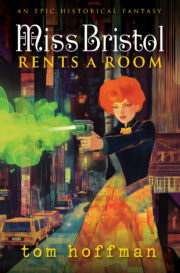Guest Post: Guilt and Shame for Writers
by Theodora Goss I’ve been thinking about this issue a lot. Several days ago, I posted the following: 1. Guilt and shame are the enemies of the artist. 2. Guilt is when you feel as though your time should be spent doing something else, for someone else. 3. Shame is when you think what you’re producing […]


